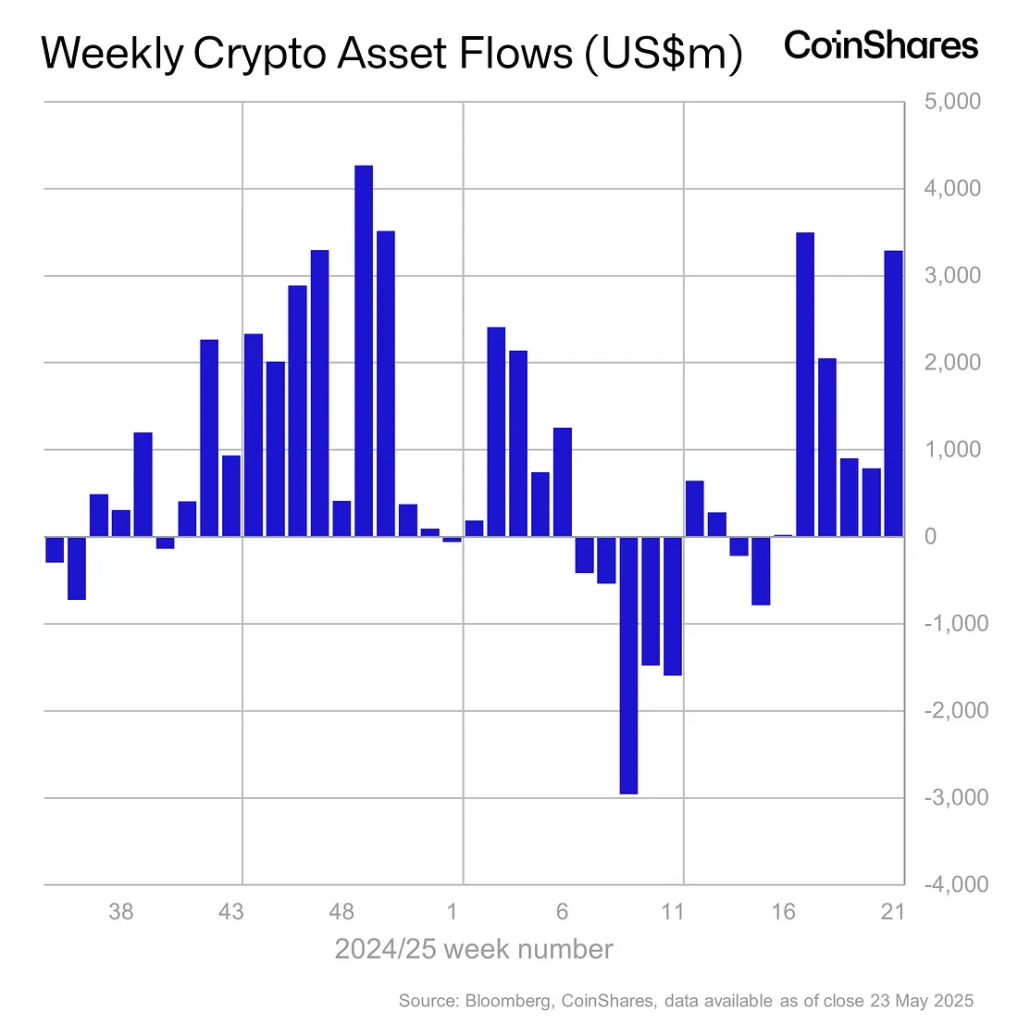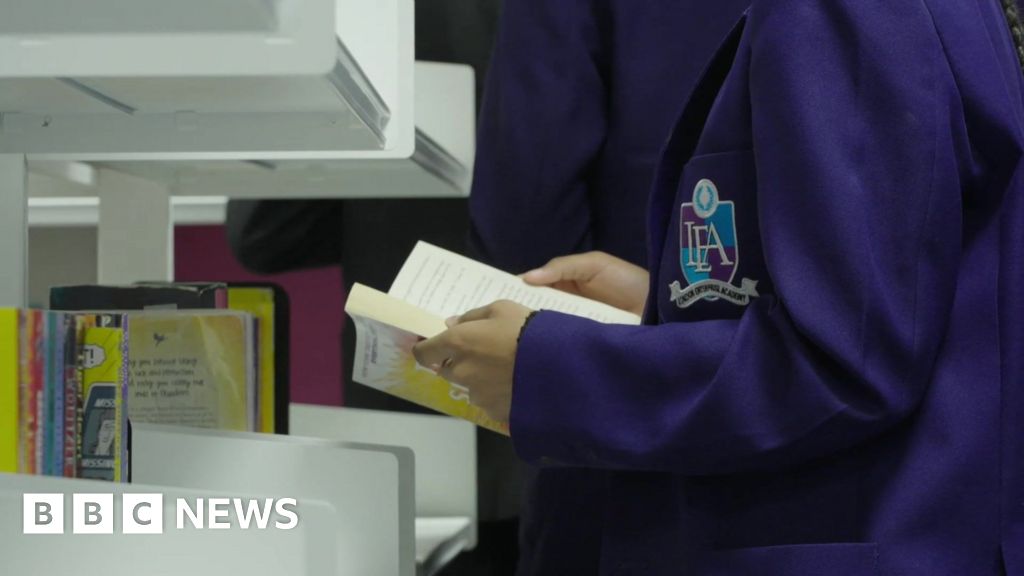The summit in the Lithuanian capital of Vilnius wasn’t just all talk – it provided an opportunity for the Western military alliance to reassess its purpose, size and structure in light of more than a year of war in Ukraine.
John R. Deni, research professor at the U.S. Army War College and author of “NATO and Article 5: The Transatlantic Alliance and the Twenty-First-Century Challenges of Collective Defense,” was in Vilnius to attend a public forum on the side of the summit. The Conversation asked him for his main takeaways form the leaders’ meeting and what it suggests about the future of NATO.
Ukraine gets some of what it wants
The headlines from the summit were largely about what Ukraine really wanted – a clearly defined timeline to membership – and how NATO members fell short on promising that.
But I think that downplays what Ukraine did achieve. Germany, France and Norway pledged a significant increase in aid to Kyiv in the shape of tanks, long-range missiles and other military assistance that should be useful in Ukraine’s ongoing counteroffensive against Russia. Ukraine also secured further commitments to nonlethal assistance and training from NATO members.
And even on the issue of membership, there was progress that President Volodymyr Zelenskyy can take back to Kyiv. NATO members confirmed their commitment that Ukraine would become a member at some point and agreed to dispense with the the requirement of a memberhsip action plan. The alliance similarly waived the membership action plan during Finland’s and Sweden’s bids, putting Ukraine in a select group of favored nations.
The summit also saw the first meeting of the newly formed NATO-Ukraine Council – a body formed to further signal NATO’s commitment to Ukraine membership.
Of course, this still fell short of Zelenskyy’s hopes of an “invite” to NATO, or assurances that Ukraine would be accepted as a member as soon as the war is over.
But the frustration on display by Zelenskyy ahead of the meeting – and which I witnessed among some delegates at the public forum – appeared to dissipate during the summit itself.
In my view, Zelenskyy achieved all he could during the summit. Ukraine was embraced by NATO publicly and given clear shows of support and bilateral assistance from key members of the alliance. And that shouldn’t be overshadowed by some of the noises of disappointment or talk of Ukraine not showing enough “gratitude” toward NATO members.
Stronger with Sweden after Turkey relents
Perhaps one of the biggest achievements of the summit occurred on the eve of the event itself, when Turkish President Recep Tayyip Erdoğan gave the green light for Sweden to become NATO’s 32nd member.
Much like what happened with Finland’s earlier successful bid, Erdoğan had been holding out over what he perceived to be concerns over Sweden’s “harboring” of members of the Kurdistan Workers’ Party, or PKK – an organization that Turkey, among others, has labeled a terrorist group.
Before announcing that Ankara would no longer stand in Sweden’s way, Erdoğan had suggested that his compliance on Sweden might be conditional on the European Union’s looking favorably on Ankara’s own bid to join the economic union. But it appears that was just spitballing on behalf of the Turkish president, wanting to see what additional concessions he might gain for approving Sweden’s bid. It doesn’t appear that it was a serious suggestion – and would in any case be a nonstarter, as the European Commission itself acknowledged.
Erdoğan’s about-face on Sweden allowed him to look magnanimous on the international stage, but it was likely rooted in domestic politics. His opposition to the Nordic states’ ascension to NATO should, I believe, be viewed in the context of a reelection bid for the long-serving Turkish leader. Polls had him lagging behind the main Turkish opposition candidate ahead of the May presidential vote. He knew that taking a nationalist line on Sweden’s and Finland’s perceived lax attitude toward enemies of the Turkish state would play well to his base. Since he won the election, there is no real need for him to oppose NATO membership for either country.
The episode does raise concern that NATO could be beholden to nationalist self-interest in the future – but this is always a risk in a consensus-based organization of sovereign countries. But the counterbalance is that the alliance’s allies rarely want to be seen as being out in the cold on key issues. It was notable that a day after Erdoğan’s announcement, Hungary’s Viktor Orbán signlaled that he too would now greenlight Sweden’s bid.
Back to adversary-based military planning
The alliance also approved a pivot in how it will conduct defense planning and how it views its strategic goals and objectives.
For the past 30 years, NATO planning has been geared around general threats rather than targeted at clear adversaries. That has now changed. The NATO allies approved a new set of defense plans that embody this new approach to how the alliance will protect and defend its members’ security.
In short, it has gone back to framing its capabilities (what it needs) and operations (where and how it deploys resources) around the idea of alliance members’ having clear adversaries.
This change of direction has been underway for a while. But the meeting in Vilnius provided the first opportunity for heads of states to give the new pivot their formal approval.
It changes the way NATO goes about its business. I wouldn’t say NATO has entirely gone back to a Cold War mentality – but it’s certainly conducting its business more like the way it did during the Cold War.
When it comes to who the adversaries are, the NATO summit communiqué made it clear: Russia is “the most significant and direct threat to allies’ security and to peace and stability in the Euro-Atlantic area.” Added to this was the ongoing threat of terrorism.
And despite concern over the growing military threat from China, the Asian giant is not identified in the summit communiqué as a primary military threat to NATO nations. When NATO looks at the challenges facing Europe, it doesn’t see Chinese militarism as an existential threat to members. It is in the realms of cyberspace and space-based operations where it views China’s threat. At the same time, the communiqué made clear that NATO is open to engagement with China.
John Deni, Research Professor of Joint, Interagency, Intergovernmental, and Multinational Security Studies, US Army War College
This article is republished from The Conversation under a Creative Commons license. Read the original article.
Credit: Source link










